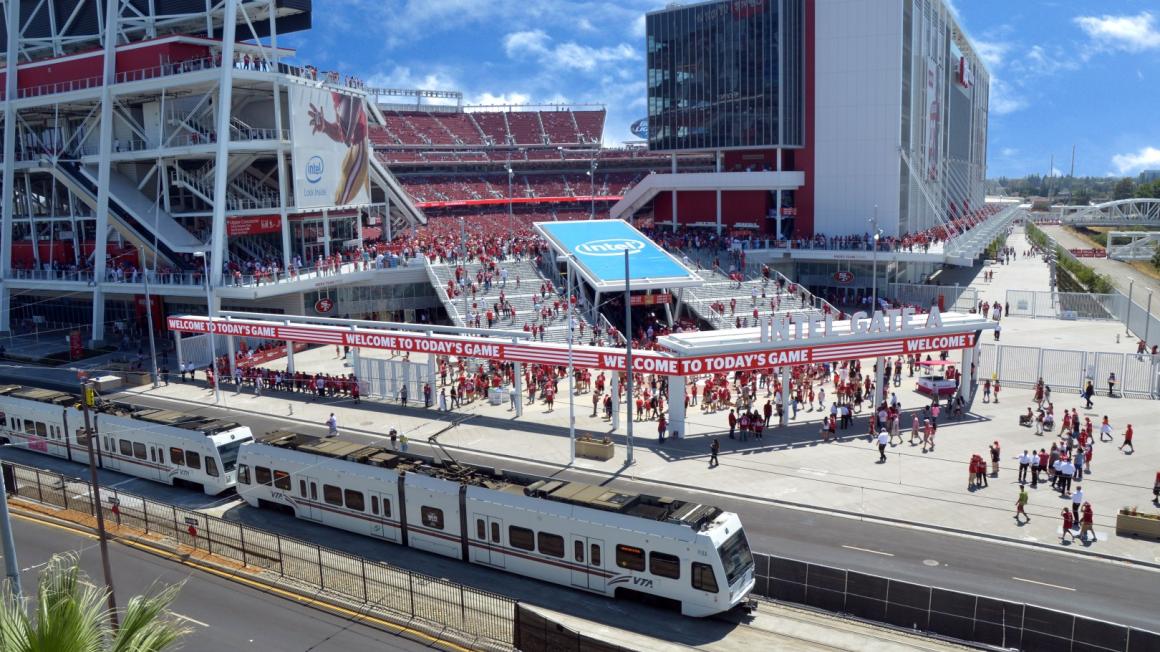BART has announced it likely will not need to cut service or raise fares to close a $10 million deficit projected for the fiscal year starting July 1st, thanks to a variety of cost-cutting measures and a pleasant surprise:
$26 million in state funding. In fact, with the state money, BART expects to have enough to replenish the reserves it dipped into last year to fend off the budget crisis.
 Photo: Thomas Hawk
Photo: Thomas Hawk"Since February, we have continued to update our budget projections and we now estimate a $10 million deficit for FY11 before the inclusion of any recommended budgetary solutions," BART General Manager Dorothy Dugger said in a statement. BART had anticipated a $14 million shortfall for the next fiscal year prior to releasing the latest numbers.
BART's preliminary operating budget, which will likely be debated by its Board of Directors this week, would cut the deficit $5.4 million by reducing expenses and eliminating or transferring various positions to non-operating jobs. BART operators won't be affected and BART spokesperson Linton Johnson says the outcome of last year's contentious labor negotiations is the primary reason the budget outlook isn't worse.
"I think contract negotiations helped out a lot last year, as painful as they were," Johnson said, noting that the three primary unions "really stepped up to the plate in streamlining work rules and making it more efficient."
"This is not a rosy picture and we've still got to become more and more efficient," he cautioned, but the benefits of the arduous negotiations are "really starting to take effect."
Unlike the steady stream of dismal news coming from most of the Bay Area's transit operators, BART's move to replenish cash reserves means the agency will be better buffered against future economic fluctuations.
Eight five percent of BART's budget comes from customer fares and sales tax revenue, and more than three quarters of its customers are not transit-dependent, so having a cushion is important. Despite the $26 million in State Transit Assistance (STA) funding this year, the agency says there is no guarantee it will come next year.
“Given the transit industry’s experience with STA funding and the state of California’s ongoing budget problems, future STA revenues are not a guarantee," said Dugger.
The BART Board of Directors will have two months to consider changes to the $582.1 million budget and is expected to vote by June 10th on whether to accept staff's proposals.





